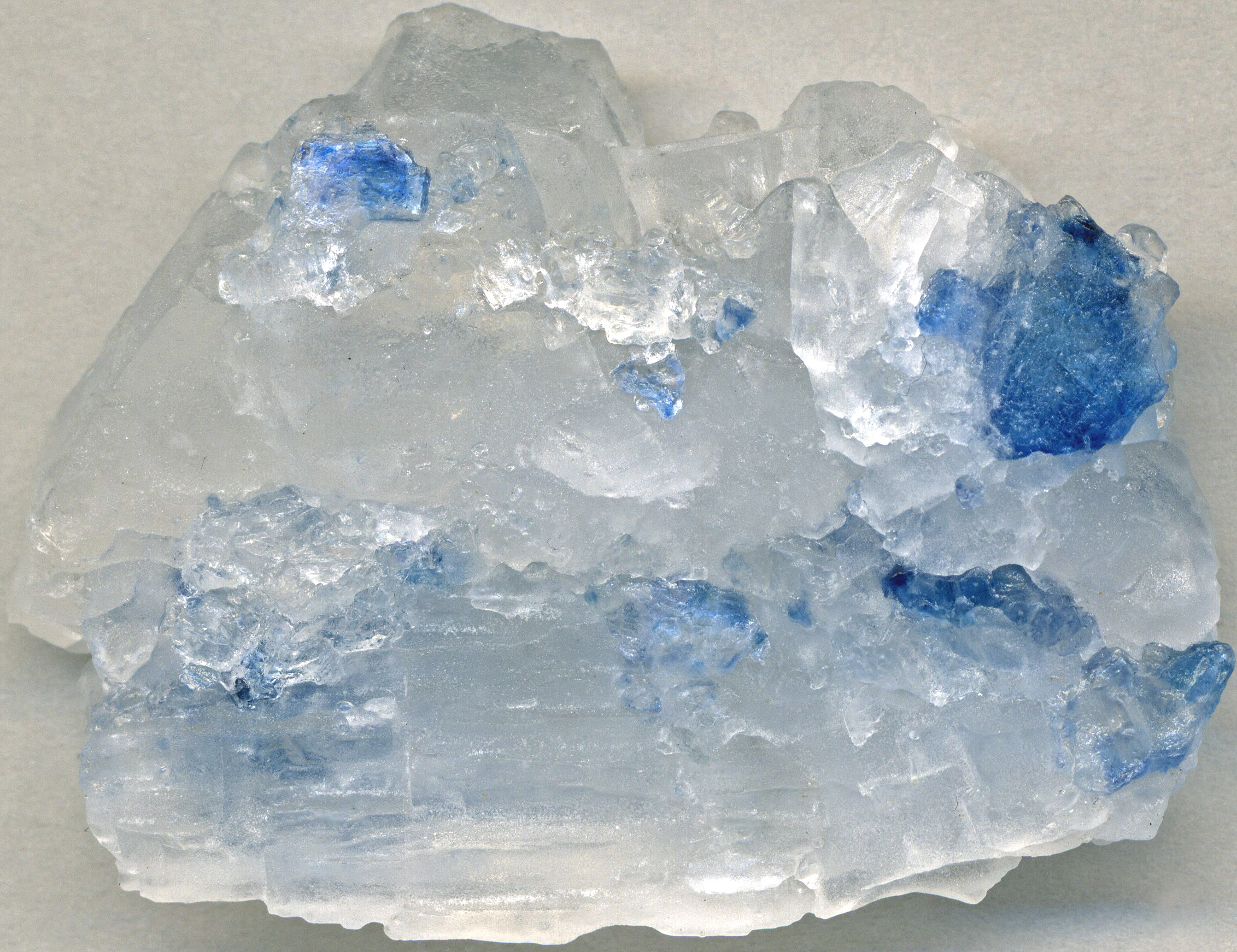BEST OF TQFG: Sometimes it takes a little heat to chase the impurities away.

Photo courtesy of James St. John.
We hope you enjoy this re-post from January 16, 2014. Be blessed! The Today’s Quote From God Team
Surely there is a mine for silver, and a place for gold where they refine it. Iron is taken out of the earth, and copper is smelted from the stone ore. – Job 28:1-2, Amplified Bible (AMP)
The process of extracting raw gold from gold-bearing rock and transforming it into pure gold is a fascinating one. The latter two stages are called smelting and refining, and at these stages furnaces with temperatures greater than 2,000° F are used to remove impurities from the metal. The intense heat of the furnaces is key to separating the impurities from the gold. Without it, pure gold would be unobtainable.
Even though we don’t like it, God often has to use the high heat of adversity to separate us from our impurities. Without it, we would never recognize the impurities, and if we don’t recognize our impurities, we cannot repent of them and be separated from them. Job is a perfect example. Even though Job was an upright man according to God Himself, God recognized an impurity in Job’s character before Satan’s attacks that Job did not realize until after Satan’s attacks. That impurity was pride.
Prior to his suffering, Job demonstrated pride in his attitude towards other men. In Job 29:1 – Job 30:14, for example, Job detailed how important he was to the lives of other people and how much other people admired him. Equating himself with the likes of a “chief” and a “king,” Job’s words prove to us that he was proud of his status. He didn’t recognize himself as being proud, however; he considered his attitude towards other men as perfectly normal, not sinful.
Once the pain of physical illness set in, Job’s pride showed in his attitude towards God as well as in his attitude towards other people. During his argument with Eliphaz, Bildad, and Zophar, Job not only questioned his friends’ motives and intentions in making the points they made; he questioned God’s motives and intentions in making him suffer. He demanded answers from God in verses like Job 30:20-21 and Job 31:35, basically daring God to show him where he had erred. In demanding that God justify Himself, he equated his understanding of right and wrong with God’s, giving himself more credit than he was actually due, and interjecting self-righteous pride into his relationship with God.
Once God Himself got involved in the conversation, Job finally grasped the purpose wrapped within his pain: he needed to learn that man is nothing in comparison to God, and he needed to learn that in all things man ought to be humble before God and other men. It took the heat of adversity for the full extent of Job’s pride to bubble to the surface, but once it did, Job recognized it, repented of it, and allowed God to remove it from his life.
All of us have character flaws. Some of these God will take from us in ways that are much more agreeable than suffering. Others can only be taken away by suffering, for only through suffering will the full extent of such impurities bubble to the surface for us to see. If we harbor pride, we can expect humbling trials. If we trust in money, we can expect financial hardship. If we lack patience, we can plan on living through trials of patience. If we rely on our own strength, we should be prepared to be overpowered by life. We will be beaten down and bruised by such trials, but when we are, we must guard against sinfully complaining against God, like Job did. Instead, we should ask God to show us our faults, and we should repent of them as quickly as we can. The sooner we repent, the sooner the pain will end.





Leave a Reply